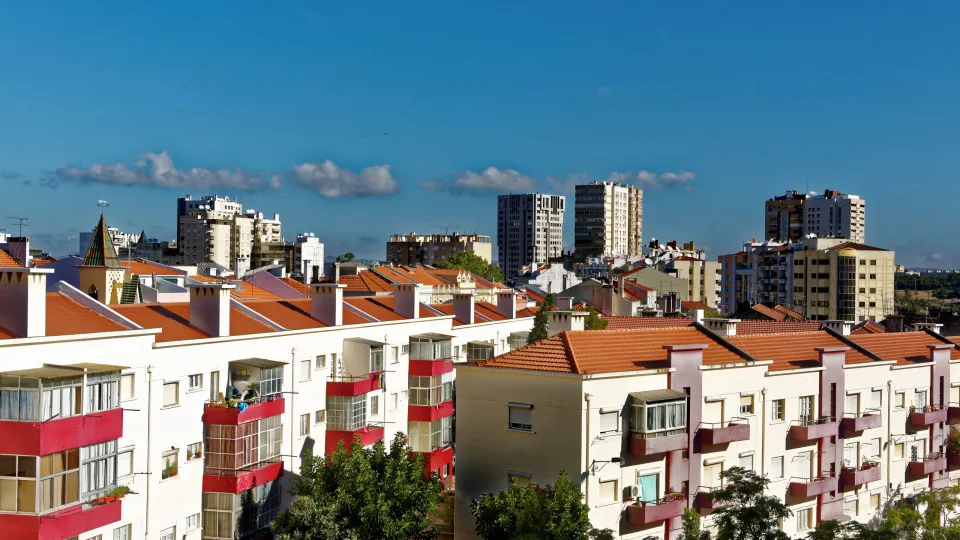
An increase of 3.5% in the maximum limits of IRS tax brackets and a reduction of 0.3% in rates applied between the second and fifth brackets of the tax are seen as positive measures by AHRESP. However, the association remarks that these measures are still insufficient and timid for promoting a real increase in salary values and the average wage.
AHRESP regrets that its proposal for a Salary Value Enhancement Award, which would exempt TSU for increases above the National Minimum Wage (SMN), was not included in the OE for 2026.
“This would be an effective measure to promote the increase of the average salary. Although the Government maintained the IRS and TSU exemption in the Productivity Award, it is a different measure, with more limited reach and less scope,” states the association in a communiqué.
The reduction of corporate tax by one percentage point to 20% is also viewed positively, but AHRESP advocates for a more ambitious approach in 2026 to enhance external competitiveness and private investment.
The association also calls for “tax stability and predictability” to encourage long-term investment, urging that the Government’s request for legislative authorization to reach a corporate tax rate of 17% by 2028 must be accompanied by a real commitment to tax stability that ensures predictable and sustainable rules for Portuguese companies.
In the housing sector, AHRESP welcomes the measures from the program “Building Portugal,” particularly the tax reduction for landlords who set “moderate” rents and the application of a reduced VAT rate of 6% on construction and rental housing.
“These are important steps to mitigate the housing crisis that significantly affects worker retention,” reads the communiqué, though it adds that the issue of IRS and TSU exemption for company-granted rent payment support remains unresolved.
The association representing the restaurant and hotel industry also laments that the reinstatement of the intermediate VAT rate on soft drinks and alcoholic beverages, a long-standing demand, is not included in the budget proposal.
In the communiqué, AHRESP urges the parties to act “with a sense of responsibility.”
Stating that “this is a foundational budget,” it emphasizes that “the worst that could happen is to prolong uncertainty, keeping businesses and the national economy in a state of limbo.”
It ends by urging the parties’ “conscience and responsibility” so that the OE2026 does not become “an endless parliamentary saga.”
The Government submitted the OE2026 to parliament today, just before the deadline and three days ahead of the local elections on Sunday.
In the macroeconomic scenario, the PSD/CDS-PP Government predicts that the Gross Domestic Product (GDP) will grow by 2% this year and 2.3% in 2026.
The government aims to achieve budget surpluses of 0.3% of GDP in 2025 and 0.1% in 2026. As for the debt ratio, it estimates a reduction to 90.2% of GDP in 2025 and 87.8% in 2026.
The proposal will be discussed and voted on in general on October 27 and 28. The final global vote is scheduled for November 27, following the detailed debate process.




